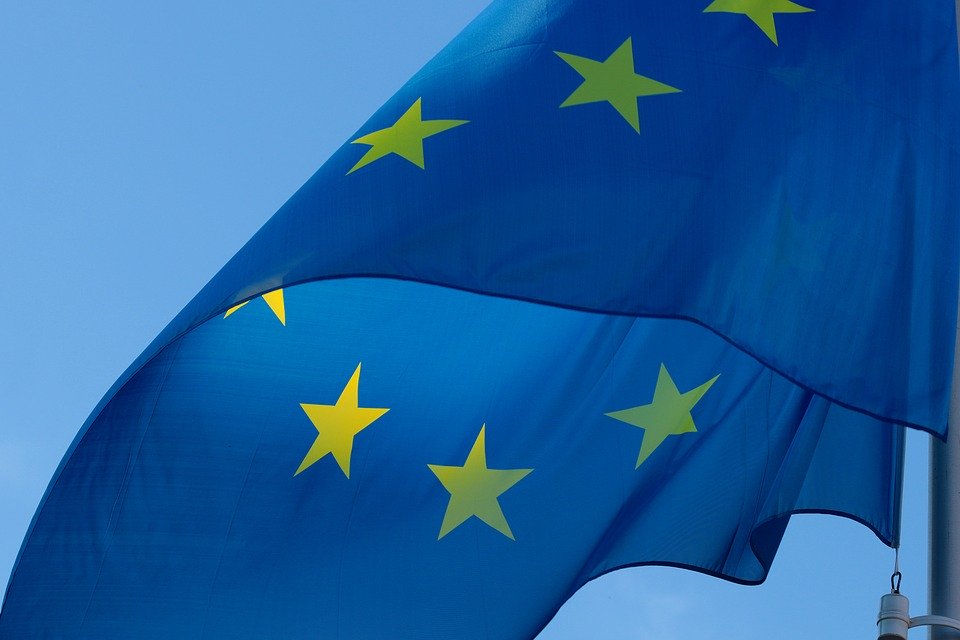A few months after the European Elections, Parliament’s autumn Eurobarometer survey, the Parlemeter 2019, shows citizens’ support for membership in the European Union settling on a high level. Nearly six in ten Europeans continue to be in favour of their country’s EU membership.
In addition, the 2019 European elections have contributed positively to the increased level of satisfaction with the way democracy works in the European Union: 52% (+3 pp) of Europeans share this feeling.
European citizens specifically want a stronger European Parliament, as 58% of respondents call for a more influential Parliament in the future. This is a plus of 7 percentage points since spring 2019 and the highest result for this question since 2007.
Climate change becomes priority issue number one for a majority of Europeans. Although priorities change throughout the individual Member States, climate change beats the fight against poverty, terrorism and unemployment to the top spot on EU average. With regard to European values, a clear majority calls for human rights worldwide, freedom of speech and gender equality as main fundamental values which must be preserved in the European Union.
The Parlemeter 2019 looks in more detail at the issue of environmental protection. An absolute majority of respondents consider climate change to be the most important environmental issue of today, followed by air pollution, maritime pollution, deforestation and the growing amount of waste. In addition, nearly six out of ten Europeans believe that the youth-led protests for climate action had a direct policy impact both at EU level and in domestic politics.
Last, but not least, Parliament’s autumn Eurobarometer offers insight into which kind of EU-related information European citizens would be interested in – and how they could imagine to be more engaged with EU policy making. In total, three-quarters of Europeans (77%) would like to receive more information on the activities of the European institutions, specifically on the concrete consequences of EU legislation at local, regional and national level as well as on the activities of the European Parliament and its Members.
europarl.europa.eu
pixabay.com


















